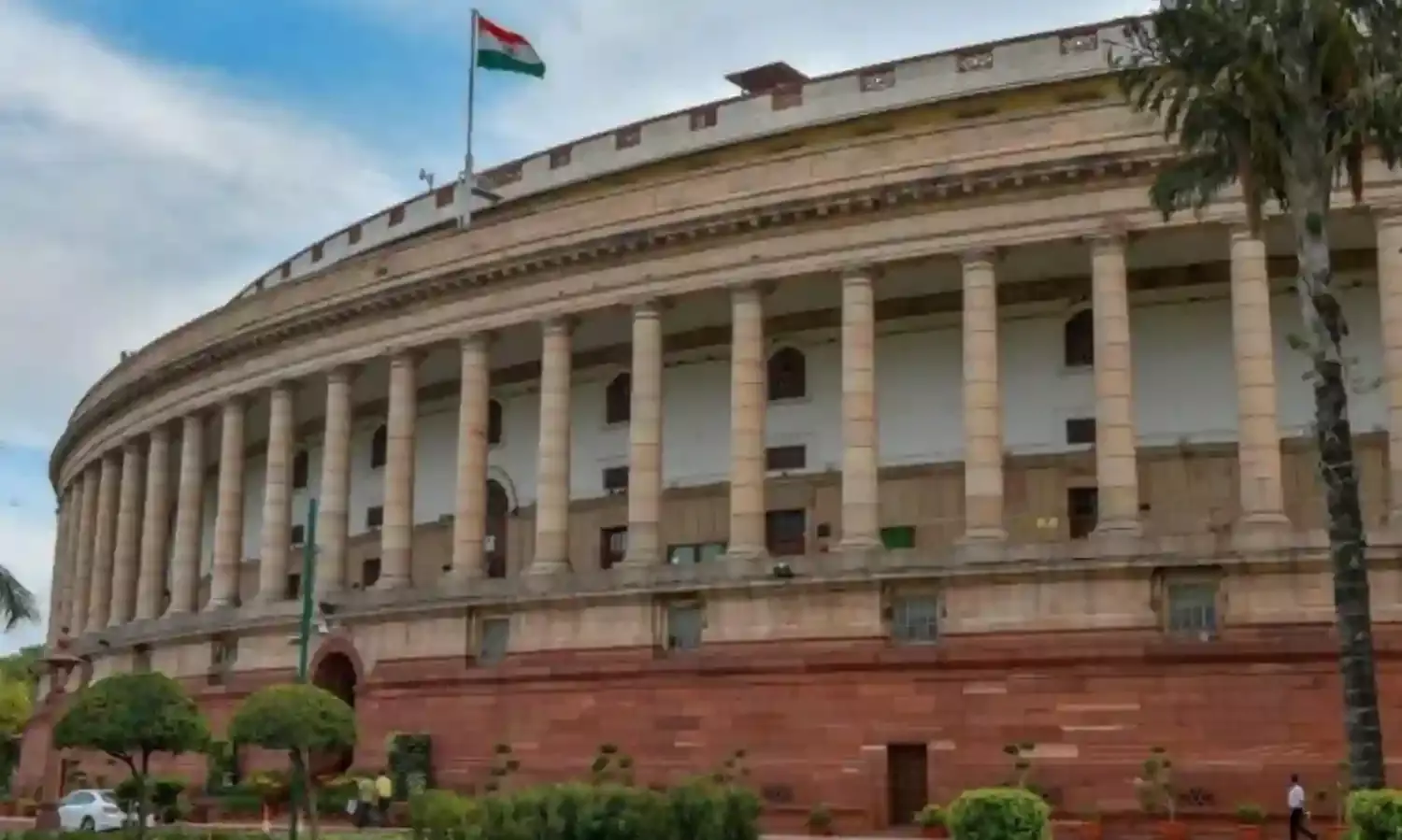Janta Parliament: Political Parties Recommend Common Minimum Programme to Unite Opposition
Peoples movement collective

In the concluding session of the Janta Parliament, various political leaders pledged their support to the resolutions passed in working sessions and recommended a common minimum programme (CMP) to unite the opposition.
The week-long Janta Parliament was organised by Jan Sarokar, a collective of people’s movements and civil society organisations, to discuss urgent COVID-related policy measures.
Keeping in mind the premature curtailment of the Parliament’s Budget Session, and the various controversial policies that have escaped legislative scrutiny during the lockdown—with neither the Parliament nor state assemblies being in session—citizens came together to extensively deliberate on the problems posed by COVID-19 to various sectors.
The Janta Parliament was also meant to highlight that legislative bodies in many countries have been functioning virtually despite the pandemic, and that the “Parliament cannot stop representing the people and keeping a check on the executive.”
The concluding session on August 26 was meant to summarise over 43 hours of discussions on 10 themes to political representatives. The final session witnessed various opposition leaders pledging their support with an assurance that they would take forward the issues raised in the people’s parliamentary meetings during the Monsoon Session of the Parliament.
D. Raja, National Secretary of the Communist Party of India (CPI) stated that the Parliament had been “bypassed” by the current regime. He raised issues of electoral reforms and stressed upon the need for parties and social movements to work together.
Sitaram Yechury, General Secretary of the Communist Party of India (Marxist) criticised the “intense attack on rights”, stating that any attempt to impose uniformity in the country would “dilute the idea of India”. Highlighting that the “battle” cannot be fought by a single party or movement, Yechury proposed a Common Minimum Programme (CMP) draft to forge unity between political parties and people’s movements.
K. Raju, who was representing the Indian National Congress, stated that his party was in agreement with most of the proposals emerging from the Janta Parliament sessions which covered a wide range of people’s issues. He also expressed his support for Yechury’s suggestion of a CMP draft.
The Indian Express quoted one of the coordinators of the collective, Nikhil Dey as stating, “It is a significant development that both the Left and Congress said there is a need for a common minimum programme. With this Janta Parliament, the question also arises: if so many of us could do it, why couldn’t actual Parliament be held? We will now work with parties which participated (in the event) to make sure the resolutions passed find space in Parliament discussions.”
According to the collective’s statement, Manoj Jha of the Rashtriya Janata Dal expressed his concerns regarding “the legislative business that the government might have in mind given the past track record of suddenly introducing new bills in the morning of the same day that they have to be considered by the Parliament.” He suggested that a strategy be made to create a convergence between Parliament and the people’s parliament, adding that a common agenda would be “useful for his party in the upcoming elections in Bihar.”
Sanjay Singh of the Aam Aadmi Party (AAP) said, “The centre is looking to escape questioning and is therefore not convening Parliament.” He further added that the centre is looking to convert the on-going pandemic into an opportunity to disinvest in various national assets. Citing the example of Uttar Pradesh, where two cabinet ministers passed away due to COVID-19, Singh stated that the NDA had not provided adequate relief to people, nor had the BJP state governments handled the pandemic effectively.
Social activist Medha Patkar offered civil society’s solidarity to all MPs, urging them to take up these issues in the Parliament. She emphasised the need to transition from “virtual” to “actual” when it comes to issues such as education, food, deliberations on the draft EIA notification 2020 and the criminal law amendment. She said, “Civil society would work on a common minimum programme but also search for a “Common Maximum Agenda””.
With 250 speakers, hours of deliberations and over a hundred resolutions arising from the same, the Janta Parliament engaged with over one lakh people on social media, further highlighting, “When the pandemic has fundamentally affected every sector of the economy and section of society, with limited resources citizens show that it is possible to hold a Parliament session to discuss the myriad of problems the nation is facing and possible solutions.”



